Ready to take the plunge and explore the depths of the ocean in a single breath? Freediving might just be the perfect extreme adventure for you! This activity makes for a truly wonderful experience that allows you to connect with the underwater world in a way that scuba diving simply can't match.
But before you can enjoy the thrill of exploring the depths, you need to mentally prepare yourself for the challenge ahead. Many beginners overlook the importance of mental preparation, but it's just as important as building physical strength and endurance. In this blog post, we're going to dive into some tips and techniques for how to mentally prepare for your first freediving experience.
Whether you're a complete newbie or have some experience under your belt, these strategies will help you feel confident, focused, and ready to take on the ocean. So let's explore how you can get in the right mindset for your upcoming free diving adventure!
Understand the risks
Freediving can be an incredible experience, but it's important to understand that it also comes with certain risks. One of the biggest risks associated with freediving is shallow water blackout, which is a sudden loss of consciousness that can occur during ascent from a dive. This can happen when a diver holds their breath for too long and the oxygen levels in their bloodstream drop too low. It's important to know the signs and symptoms of shallow water blackout, which can include dizziness, confusion, and loss of consciousness.
Another potential risk of freediving is decompression sickness, also known as “the bends.” This occurs when a diver ascends too quickly, causing nitrogen bubbles to form in the body tissues. Symptoms can include joint pain, skin rashes, and even paralysis or, in severe cases, death.
Before you embark on a freediving adventure, make sure you take the time to understand these risks and how to minimize them. Do some research on the proper techniques for equalizing your ears and managing your breath hold to help reduce the risk of experiencing blackout. Additionally, consider taking a freediving course or training with a certified instructor who can teach you proper safety protocols and help you understand the potential risks and how to avoid them.
Practice breathing techniques

When it comes to free diving, breathing is everything. Learning proper breathing techniques is essential for maximizing your time underwater and avoiding potential risks. Before your dive, take the time to practice deep breathing and relaxation techniques to help you remain calm and focused underwater.
One effective breathing technique for freediving is diaphragmatic breathing, also known as belly breathing. This involves breathing deeply into your belly, rather than just into your chest. By using your diaphragm to breathe, you can take in more oxygen and slow down your heart rate, which can help you stay calm and relaxed underwater.
In addition to diaphragmatic breathing, practicing relaxation techniques can also help you prepare for your free dive. Meditation, visualization, and progressive muscle relaxation are all effective techniques for calming your mind and body before a dive.
It's also important to establish a regular breathing routine as part of your freediving preparation. This can include breath-holding exercises to increase your lung capacity and improve your ability to hold your breath underwater and your overall freediving performance.
Remember, freediving is a challenging and potentially risky sport, so it's important to take the time to properly prepare yourself mentally and physically. By practicing breathing techniques and relaxation exercises, you can help calm your mind and body, allowing you to stay focused and confident during your dive.
Visualize your dive

Visualization is a powerful mental tool that can help you prepare for your free dive. By visualizing yourself calmly and confidently descending into the water, you can help alleviate any fears or anxieties you might be having. Additionally, visualization can help you become more aware of your body and sensations, allowing you to better focus on your breath and movements underwater.
To begin, find a quiet, comfortable space where you won't be disturbed. Close your eyes and take a few deep breaths to relax yourself and release any tension in your body. Then begin to visualize yourself preparing for your dive. Imagine yourself putting on your gear, feeling the weight of your wetsuit and fins as you get ready to enter the water.
As you visualize your free dive, focus on remaining calm and relaxed, using your breath to guide you through the experience. If you start to feel fearful and anxious, acknowledge these feelings and then let them go, before refocusing your attention on your breath and visualization.
Incorporating visualization into your free diving preparation can help you mentally prepare for the experience, improving your overall confidence and performance.
Listen to your body
Free diving can be a physically demanding sport, and it's important to listen to your body and take breaks as needed. It's crucial to remember that everyone's body is different, and what might feel comfortable for one person might not be the same for another. Be in tune with your own body and know when to take a break, especially if you're feeling uncomfortable or unwell at any point during your dive.
One useful tool for monitoring your physical state during a free dive is the Garmin Descent G1 dive computer and smartwatch. This device boasts advanced technology that can track your heart rate, oxygen levels, and other important metrics, giving you a clear picture of your physical state underwater. With the data generated by the Descent G1, you can better monitor your body and make informed decisions about when to take a break or surface.

If you do feel uncomfortable or unwell during your dive, it's important to listen to your body and surface immediately. Don't hesitate to take a break if you need it, and seek medical attention if necessary. It's better to err on the side of caution and take a break than to push yourself too hard and risk injury or illness.
Remember, freediving is a challenging and potentially risky sport, but by taking the necessary precautions and listening to your body, you can safely explore the underwater world. By using tools like the Descent G1 Garmin smartwatch and being mindful of your own physical limits, you can improve your overall performance and ensure a safe and enjoyable dive.
In conclusion, take the time to mentally and physically prepare for freediving. But with the help of Garmin, you can track your progress, monitor your health, and stay connected during your dive. By understanding the risks, practicing breathing techniques, visualizing success, and listening to your body, you can be more confident and in control during your first freediving experience. Remember to prioritize safety and never push yourself beyond your limits. With the right preparation and equipment, your underwater adventure can be a once-in-a-lifetime experience you'll never forget.


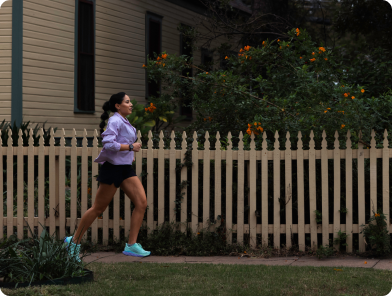
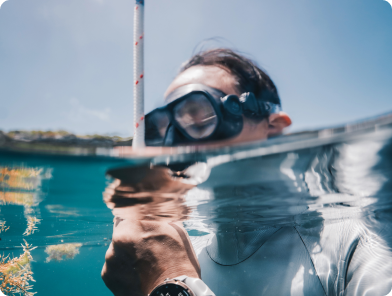
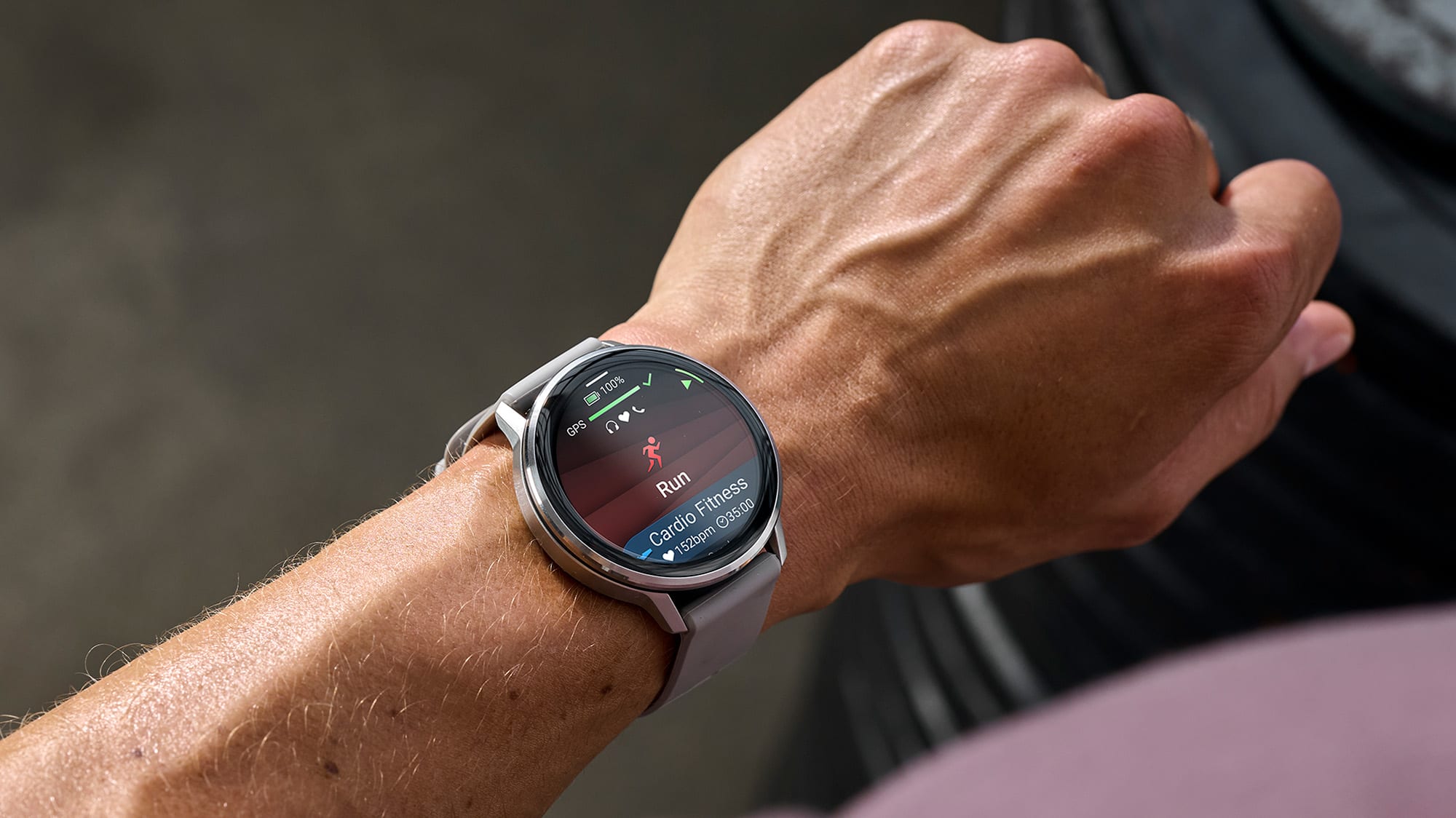
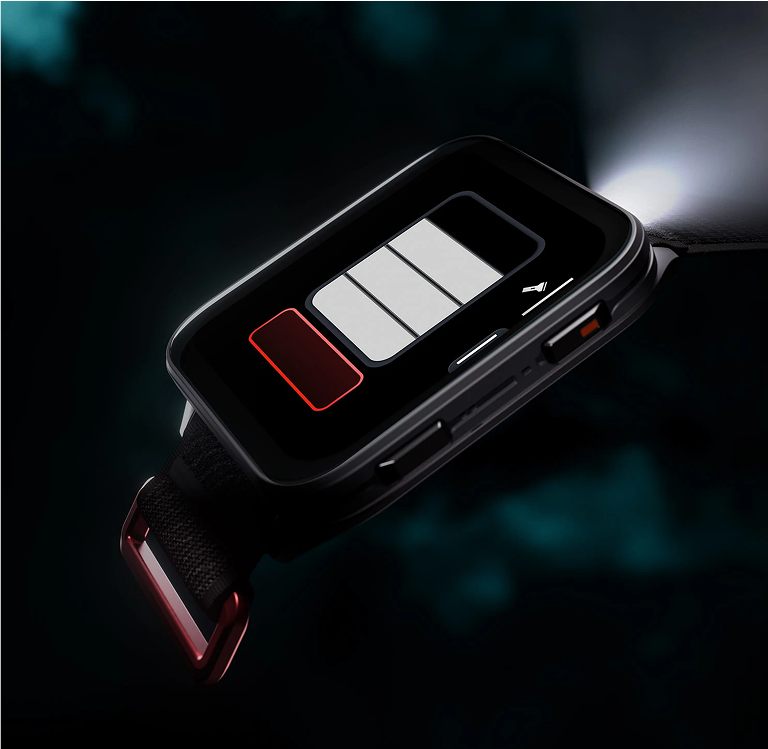
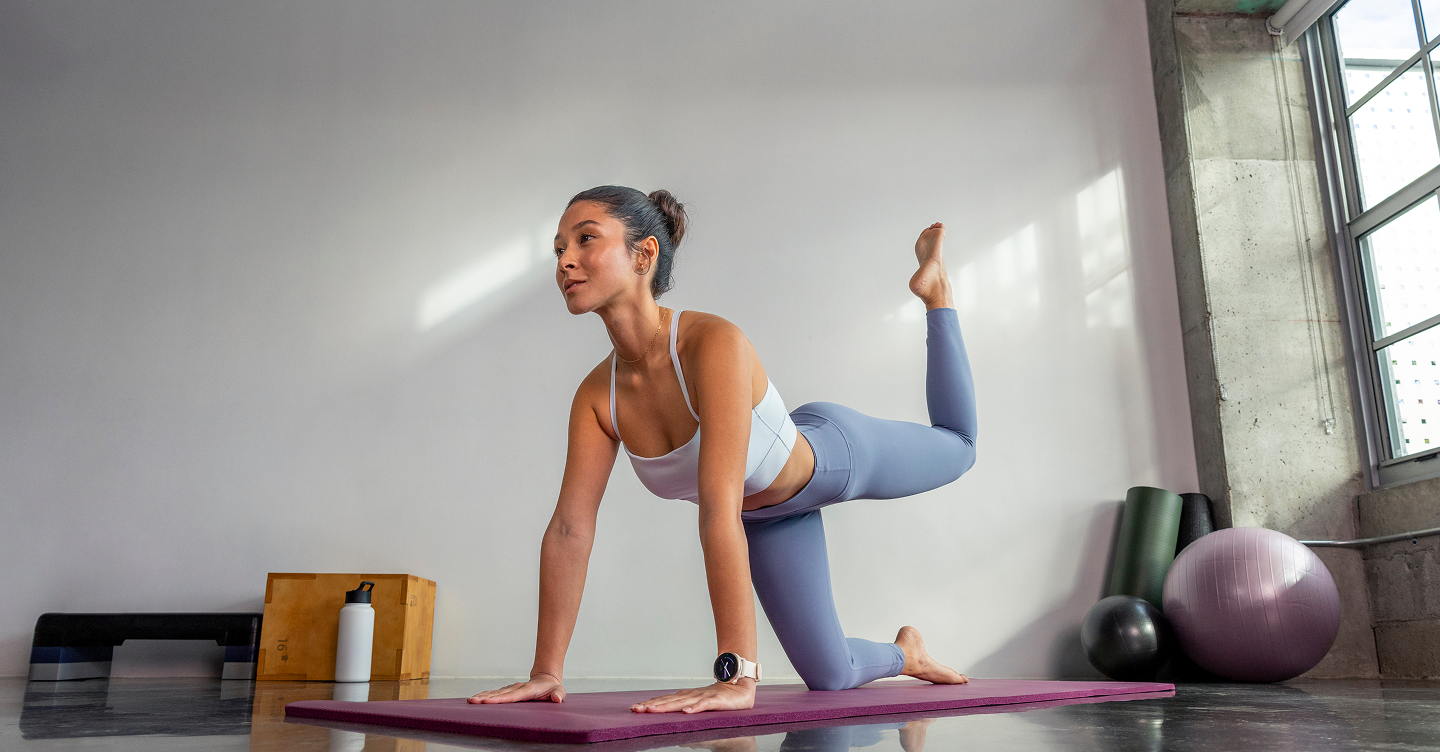
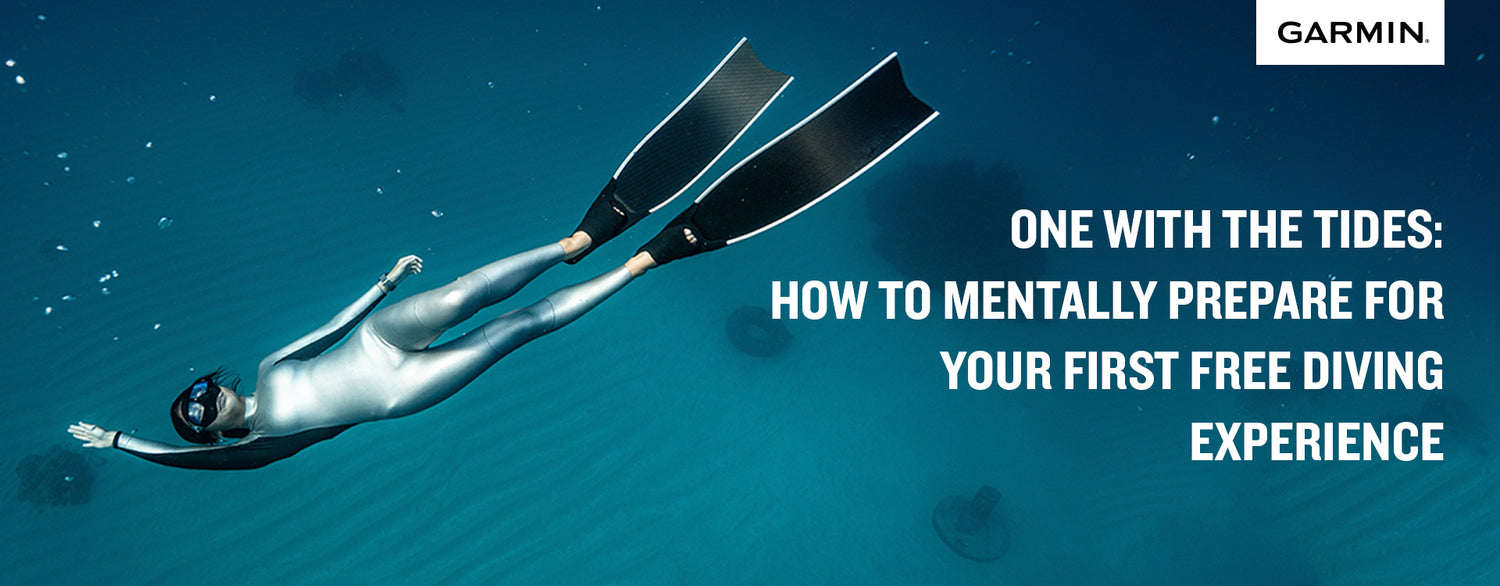
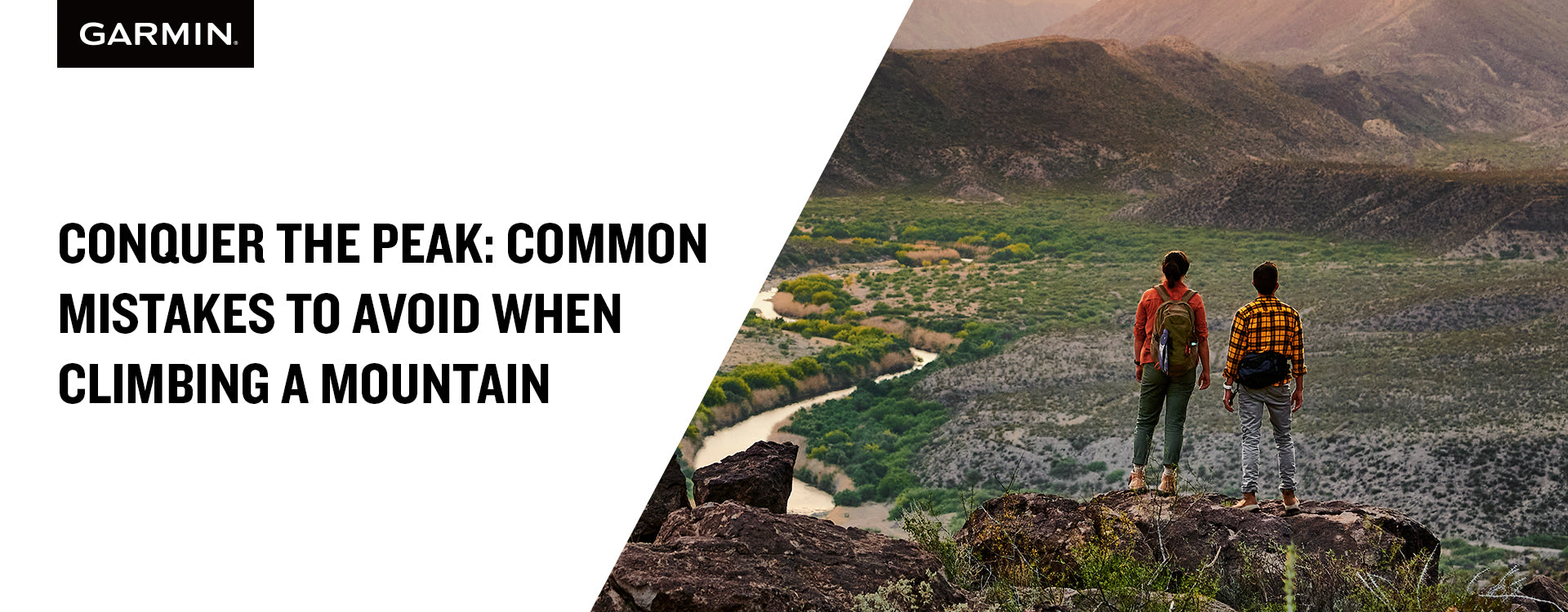
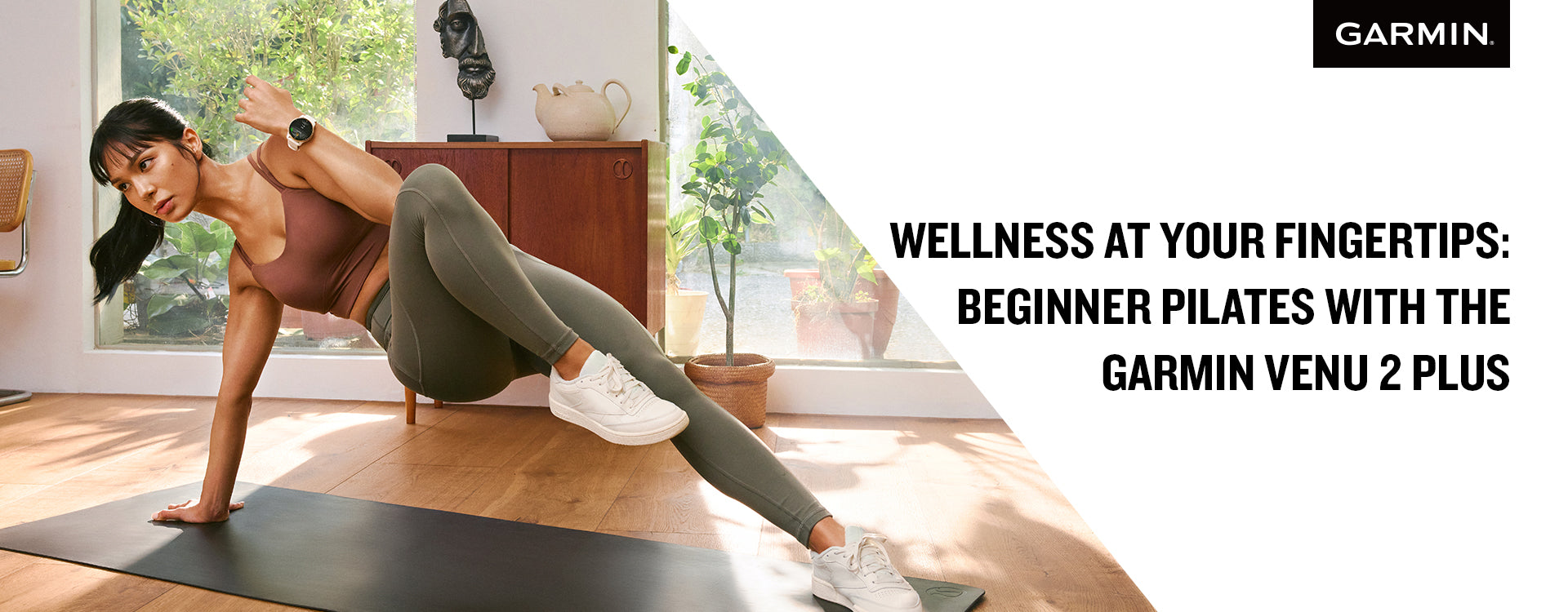
Leave a comment
All comments are moderated before being published.
This site is protected by hCaptcha and the hCaptcha Privacy Policy and Terms of Service apply.